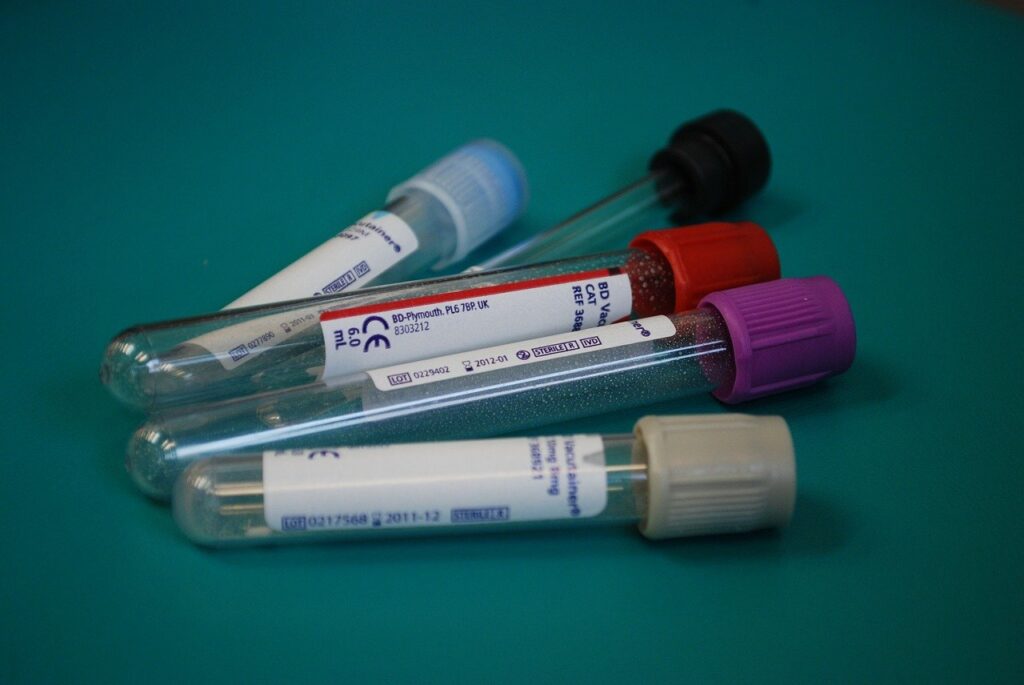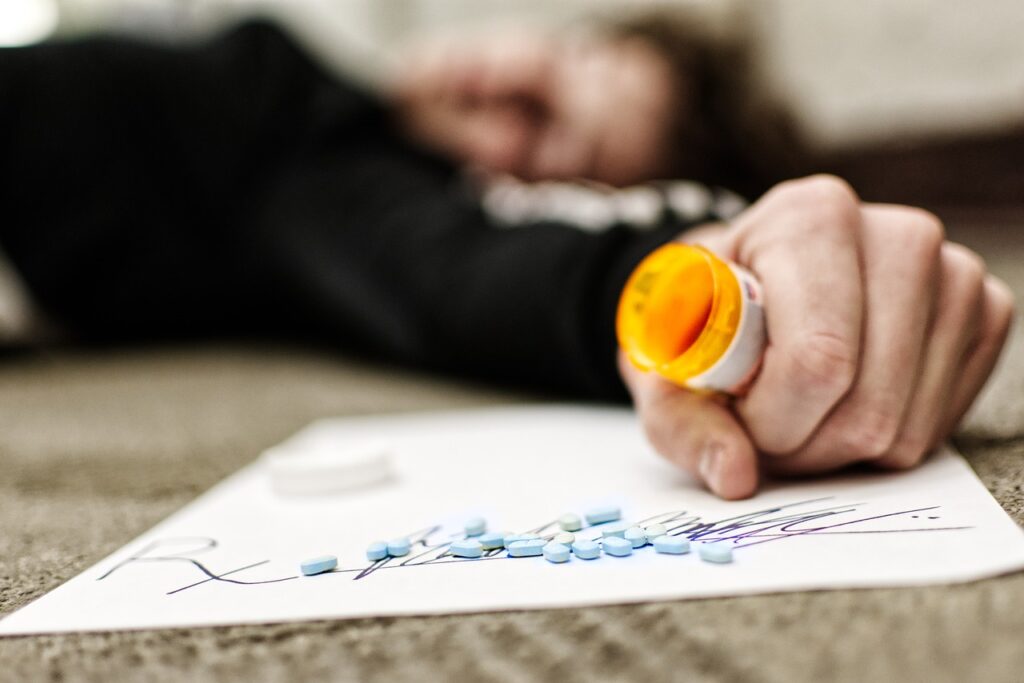The South African Medical Association (SAMA) has called on government to ban the sale of HIV home testing kits to private individuals.
While emphasising that HIV testing is key to both prevention and obtaining lifesaving treatment, SAMA said rapid HIV tests—where the result is immediate without having to send the test to a laboratory— should only be used by regulated facilities, and not by individuals at home. This, according to the association, is due to “the danger of people committing suicide after being informed of their HIV positive status, or even following misinterpretation of the results of the home test kit”.
“The danger of similar tragic incidents happening once people are encouraged to conduct home testing cannot be excluded. Similarly if a person goes for counselling before they do their own test they might as well be assisted in doing the test,” said SAMA chairman Dr. Norman Mabasa.
“Let us not create a situation where we wait for disaster to happen by encouraging potentially risky practices where people discover their HIV status at home unmonitored.”
The association acknowledged that the home testing kit could be preferred by those who are concerned about being tested at their local clinic or hospital for fear of being recognised by family or colleagues, but argued that it is crucial rapid HIV testing be conducted according to the same ethical standards as laboratory HIV testing, and this includes pre and post-test counselling by a trained professional.
“Although SAMA fully supports testing as it is essential for people to know their status, we do not support the ad hoc sale of home testing kits. We will do everything in our power to make presentations to government to ensure that devices of this nature are distributed responsibly,” said Mabasa.
He added that the association will lobby for it to become compulsory for merchants selling the rapid HIV tests to make counselling available with each sale.
The National Department of Health has also discouraged people from using the kits, while the Treatment Action Campaign (TAC) has weighed in on SAMA’s call to government, saying the home testing kits are “too risky.”
“We encourage people not to utilise them. When doing an HIV test it’s very important to know why you are doing it, and to have a proper support system,” said TAC General Secretary Vuyiseka Dubula.
She also raised concerns about the efficacy of home testing, as a confirmation test is needed. “All HIV tests must be confirmed. The worry with self-testing is that it’s not always possible to confirm the results. Some people may not be able to afford to buy a second kit to confirm their results.”
However, the medical head of an HIV and AIDS organisation in KwaZulu-Natal has said home testing will help fight the spread of HIV in South Africa where, according to researchers, less than 25 percent of adults have been tested and only one in ten people needing treatment are receiving it.
Dr. Krista Dong of iTeach—which is overseeing a rapid HIV testing pilot programme in the Umgungundlovu district of Pietermaritzburg under the guidance of the University of KwaZulu-Natal’s bioethics committee—maintained that it is possible for people to be home-tested and still receive adequate counselling.
“A free HIV self-test, similar to a home pregnancy test, supported by counsellors accessible by cell phone, will empower patients to test in private when they are ready,” she said.
Reprinted from The Big Issue South Africa
© Street News Service: www.street-papers.org







